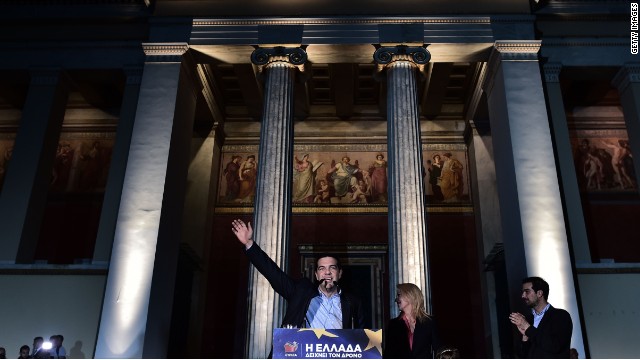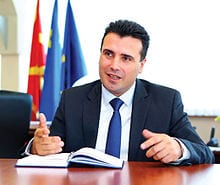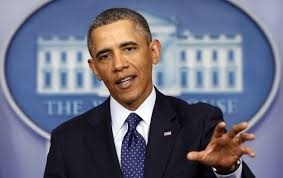By Nikos Chrysoloras & Marcus Bensasson
Alexis Tsipras’s lead over Greek opposition parties narrowed ahead of an early election next month, a poll showed Friday, as a vote-weary public has soured over unkept promises to end an age of austerity.
The Syriza party, led by Tsipras, would get 23 percent of the vote if elections were held now, according to a ProRata survey published in Efimerida ton Syntakton newspaper, down from 26 percent in a survey by the same pollster on July 2. The main opposition New Democracy party would get 19.5 percent, up from 15 percent in July’s poll.
The forecast suggests that the 41-year-old leader will fall short of the votes required for an absolute majority in the next parliament, even as he clings to his lead after eight turbulent months in office which pushed Greece to the verge of an exit from the euro area.
“The risk is that if Syriza doesn’t get an absolute majority in parliament, that if the allies it wants don’t make it to parliament, then we’ll go to new elections again in November and December,” River party leader Stavros Theodorakis said in an interview on Thursday. “We’ll become a country which will hold elections every three to six months, while what we should be doing is unite and make decisions,” said Theodorakis, whose party backed the country’s bailout deal with creditors in parliament and is projected to get 4 percent of the vote, according to the ProRata poll.
Supreme Court President Vassiliki Thanou was sworn in as caretaker prime minister on Thursday, and she’s expected to lead the country to elections Sept. 20. It will be the third time Greeks go to the polls this year after an election in January and referendum in July on whether to accept more belt-tightening. Thanou is the sixth prime minister to assume office in Greece since the debt crisis began, while the country has already changed finance ministers eight times since 2010. University of Manchester lecturer George Chouliarakis was appointed caretaker finance minister on Friday.
Chouliarakis was head of the country’s Council of Economic Policy Advisors and Greece’s lead negotiator in talks with creditors over the past few months, and he succeeds Euclid Tsakalotos as Europe’s most-indebted state races to implement a set of prior actions required by creditors for the release of additional bailout loans.
Theodorakis dismissed reassurances by European governments that September’s ballot won’t derail the execution of the country’s commitments, adding that elections will add further strain to Greece’s damaged economy. Gross domestic product rose 0.9 percent in the second quarter from the previous three months, the Hellenic Statistical Authority said Friday, raising a preliminary estimate. That shows the economy kept expanding despite the clash between the previous government and its creditors. The figures don’t account for the impact of capital controls, which were only imposed on June 29, following Tsipras’s decision to hold a referendum.
Wrong Decision
ProRata’s poll showed that 64 percent of respondents said that Tsipras’s call to hold a snap ballot was the wrong decision, even after a revolt within his own party against the deal he struck with creditors stripped him of his parliamentary majority. The River party, along with main opposition New Democracy and center-left Pasok, backed the bailout agreement between Tsipras and euro-area member states in July, when about a quarter of Syriza’s lawmakers staged a mutiny. The dissenters went on to form the Popular Unity party, which accuses Tsipras of betraying his promise to resist demands for more belt-tightening, and is projected to get 3.5 percent of the vote, according to the ProRata poll.
In an interview with Alpha TV on Wednesday, Tsipras ruled out leading a coalition as premier with the pro-European parties that supported the bailout agreement. “I believe that all three parties basically represent the old political system,” he said.
“I never asked to form a coalition government with him,” Theodorakis responded, adding that he had refused an offer from Tsipras in January to join his government. “We have major differences with Tsipras, but it is the people who are going to decide who will govern the country.” If the result of the election necessitates a coalition which will include Syriza, then the River, which had 17 lawmakers in the previous parliament, is ready to discuss such prospect, according to Theodorakis.



















